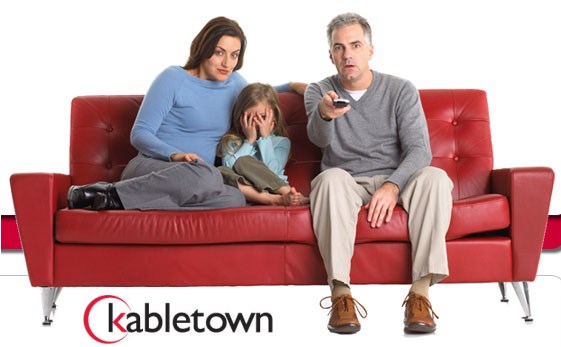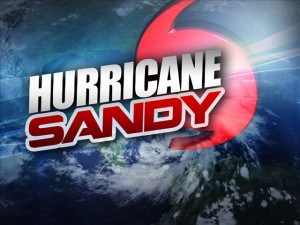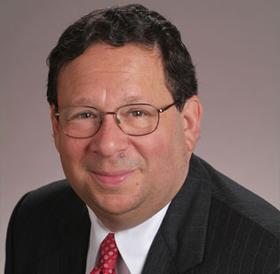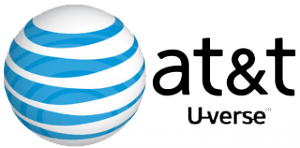 Some of Comcast’s customer service representatives and their supervisors could care less more than a million east-coast residents remain without power and thousands may no longer have a home.
Some of Comcast’s customer service representatives and their supervisors could care less more than a million east-coast residents remain without power and thousands may no longer have a home.
Priority #1: Where is our equipment? If you can’t find it, you are going to pay for it.
Yes, once again the company that redefines lousy customer service is back to illustrate why their reputation as the 4th Most Hated Company in America is well-earned. The Don’t Care Comcast Customer Service Bears in Kabletown call centers are only too happy to give the desperate in New York, New Jersey, and Pennsylvania a hard time.
Blogger Seth Clifford (via the Consumerist) doesn’t need Comcast’s attitude problem. His parents have already lost one home and are on the verge of losing another.
Comcast’s Shocking Realization: the Clifford family has bigger things to worry about than a set top box:
[My mother] was trying to explain to them that they stood to lose the entire house in an explosion and that the authorities were having trouble even reaching the area to cut the gas to prevent this. She mentioned that she wouldn’t be able to return the cable box and equipment because the storm had basically destroyed the area, and the house was perilously close to being destroyed completely as well.
Comcast’s reply to her?
We’re very sorry, but the price of the equipment will be charged to your account if you’re unable to return it.
That’s right: in the middle of a natural disaster, the worst our area has seen in decades, at a time when my parents have already lost one house and stand to lose the other, as well as everything in it (remember, it’s not a rental so it’s fully furnished and they live there for part of the year – there are family keepsakes, antiques, and the like) – at a time like this, Comcast has essentially told my mom “tough s***”.
She spoke to a supervisor who echoed the same thing. Comcast was very ‘sympathetic to the situation’, but according to policy, the company must assess fees against unreturned equipment, no matter the situation.
This is hardly the first time we’ve seen Big Telecom Companies Behaving Badly when Mother Nature strikes.
After tornadoes devastated parts of Alabama in 2011, one of Charter Cable’s customer service minions told a victim they will wait on the phone while the customer searches the yard for missing cable equipment. Can’t find it? Pay us.
The worst companies just don’t care until someone in the media embarrasses them sufficiently to realize the cost of a cable box isn’t as great as the drubbing they are about to get on the 6 o’clock news.
Once exposed, damage control kicks in. The flower arrangement is on the way and the “we’re sorry” card is in the mail.
Too bad the flowers are not for everyone. For those whose stories never go viral, the response often remains “pay up or we’ll ruin your credit for years.”
Comcast is a long way from its “Comcast Cares” motto:
“It’s a wonderful thing to have people work together for the benefit of others.”
Clifford is disgusted with the realization Comcast only cares about itself:
- Comcast does care. It cares about reclaiming equipment in the face of unspeakable disaster. And about charging fees for equipment that does not get returned, even if there is no physical way within the realm of possibility in which to do it.
- Comcast, does not, in fact, care at all about you. Not even a little. House burned down? F*** you, pay me. House about to explode at any minute? F*** you, pay me.
After the Consumerist shined their flashlight on Comcast’s house of corporate evil, the inevitable apology was on the way:
We have already reached out to apologize for adding to his parents’ difficulties and to ask for his parents’ contact information so we can call to personally apologize and assure them that we are handling the equipment without the need for them to do anything further. Please know we are working with our teams to ensure we handle all customer calls on a case-by-case basis with sensitivity to the devastating effects Hurricane Sandy had on so many of our local communities and residents. Again, we are of course notating his parents account to ensure they are not charged for equipment they can’t return.
Hey Comcast: how about “notating” every customer account in the northeast pummeled by Hurricane Sandy to ensure the flying monkeys customer service reps in the call center don’t abuse anyone else? Comcast’s “case by case basis” is loophole language that could leave customers shelling out hundreds in lost or damaged equipment penalties.


 Subscribe
Subscribe









